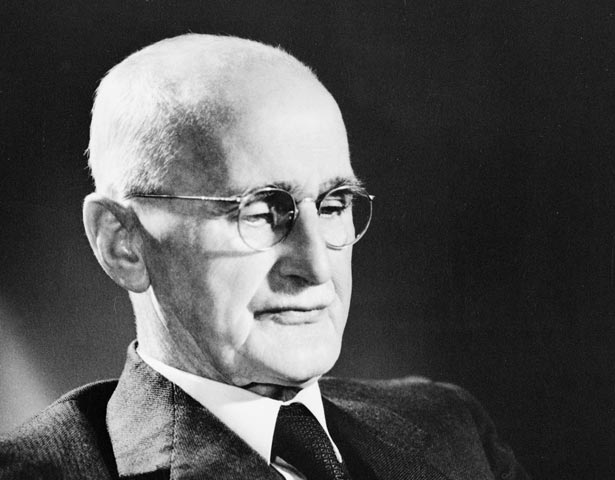
Hello My Dearie became one of the first songs to hit the New Zealand airwaves when physics professor Robert Jack broadcast this country’s first radio programme on 17 November 1921. Transmitted from Dunedin, the broadcast was heard as far away as Auckland.
Robert Jack was born at Quarter in Scotland on 4 November 1877 and educated at the University of Glasgow, the Université de Paris and Göttingen University. He came to New Zealand in 1914 to take up a post as professor of physics at the University of Otago.
Driven by the belief that ‘the whole life of the community will be broadened and educated by being brought into more effective touch with the life of the whole world’, Robert began his research into ‘wireless’ radio. With the help of some equipment from Britain, he and his team from the physics department constructed a small transmitter.
After the success of the first broadcast, the programme continued two nights a week. It comprised announcements, gramophone recordings and live music, some of which was provided by Robert’s wife, Isabella. Radio stations were soon established in New Zealand’s four main centres. Take-up was enthusiastic and by the end of 1927 over 30,000 homes had radio licences.
In 1924 Robert started to experiment with television. Within four years he had managed to transmit pictures across his laboratory, though New Zealanders still had over 30 years to wait for the first non-experimental television broadcast.
Robert died in Dunedin in 1957. His radio transmitter is still owned by the University of Otago and has found a long-term home at the Otago Settlers Museum. The station he founded in 1922, today called Radio Dunedin, is the oldest outside North America and the fifth oldest in the world.
By Emma Brewerton
How to cite this page
'Robert Jack', URL: http://www.nzhistory.net.nz/people/robert-jack, (Ministry for Culture and Heritage), updated 21-Aug-2014

Community contributions